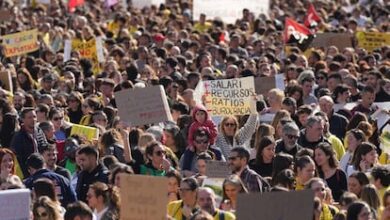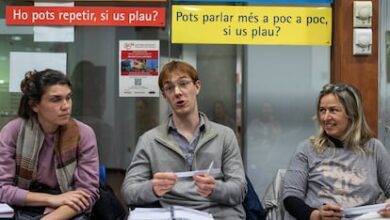
A major shift has occurred in Spanish politics: the Junts party has announced it is ending cooperation with the central government. This decision follows a protracted conflict that has unfolded over the past year and a half, reaching its peak after the failure of yet another meeting in Switzerland.
In October, the nineteenth meeting took place in Genève between Junts representatives, a government delegation, and the Colombian mediator Francisco Galindo. This time, the parties couldn’t even agree on a date for the next round of talks. The Catalan side made it clear that their patience had run out and that negotiations had reached a dead end. The mediator declined to push for further steps, only underscoring the severity of the rift.
The first signs of discord emerged last year when Junts refused to back the government’s budget proposals. Since then, tensions have only risen: unexpected parliamentary votes, public statements by party leaders, and constant criticism directed at Madrid. In February, the Catalan leader even threatened a vote of no confidence, and by summer Junts once again asserted its independent stance, emphasizing that it is not part of any political bloc.
A crisis of trust and failed mediation
Despite the mediator’s attempts to ease tensions, the parties failed to overcome their disagreements. In February, a diplomat from Colombia issued an unusual statement admitting that while there had been progress, the key points of the agreement had not been implemented. This sent an alarming signal to both sides, though hopes for a compromise still lingered.
The situation escalated in the summer after a corruption scandal involving a member of the ruling party. Junts seized the opportunity to reiterate their demands and emphasize that Catalonia’s interests mattered more to them than any alliances. After that, negotiations in Geneva became increasingly infrequent, and the atmosphere grew ever more tense.
Recent developments and the final split
By autumn, it became clear: relations between Junts and the government had reached an impasse. After a failed initiative to shorten the workweek and yet another round of criticism aimed at the Socialists, the Catalan party decided to withdraw from the agreement for good. In October, the leader of Junts gathered the team in Bruxelles, where the final decision to break away was made.
Interestingly, this step was not directly tied to the failed meeting in Geneva, although it was the last straw. Key figures from both sides took part in the talks, including the former prime minister and current Junts leaders. However, instead of finding common ground, the sides only drifted further apart, and the mediator was unable to offer a new way forward.
Now, Spain’s political landscape is entering a new stage. The rift between Junts and the government could reshape the balance of power in parliament and impact the future of the Catalan issue. All that remains is to watch how events will unfold in the coming months.












